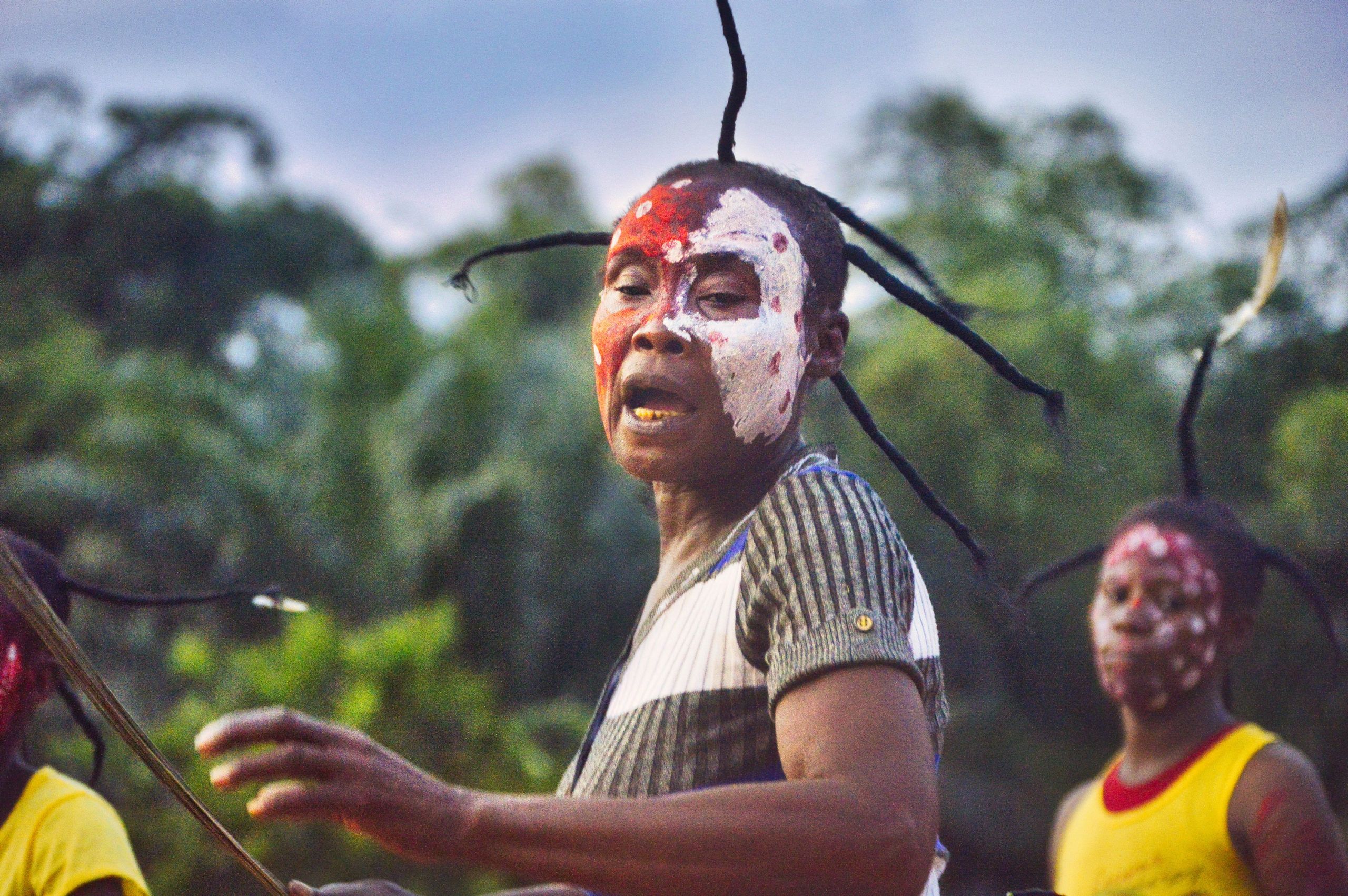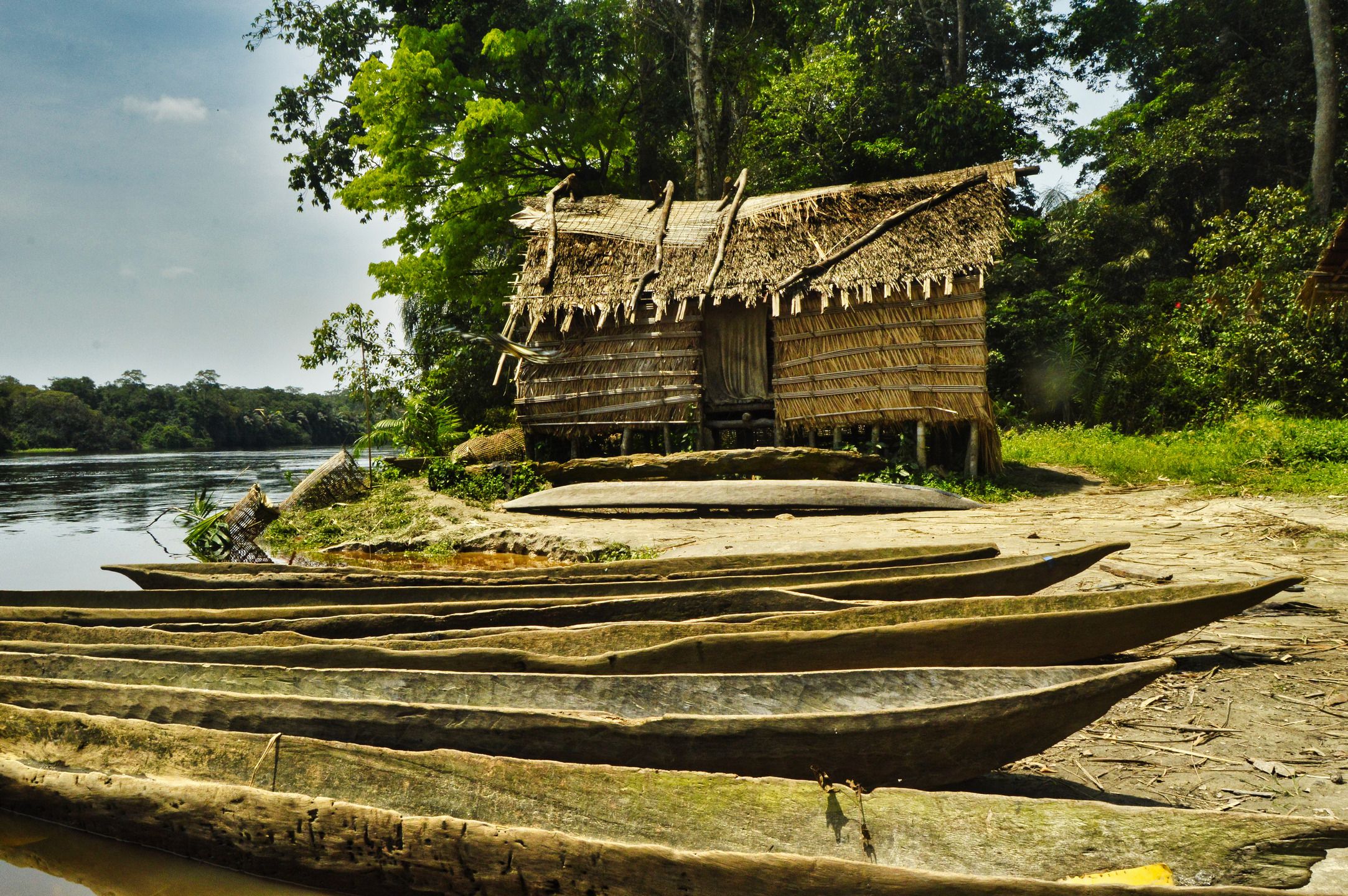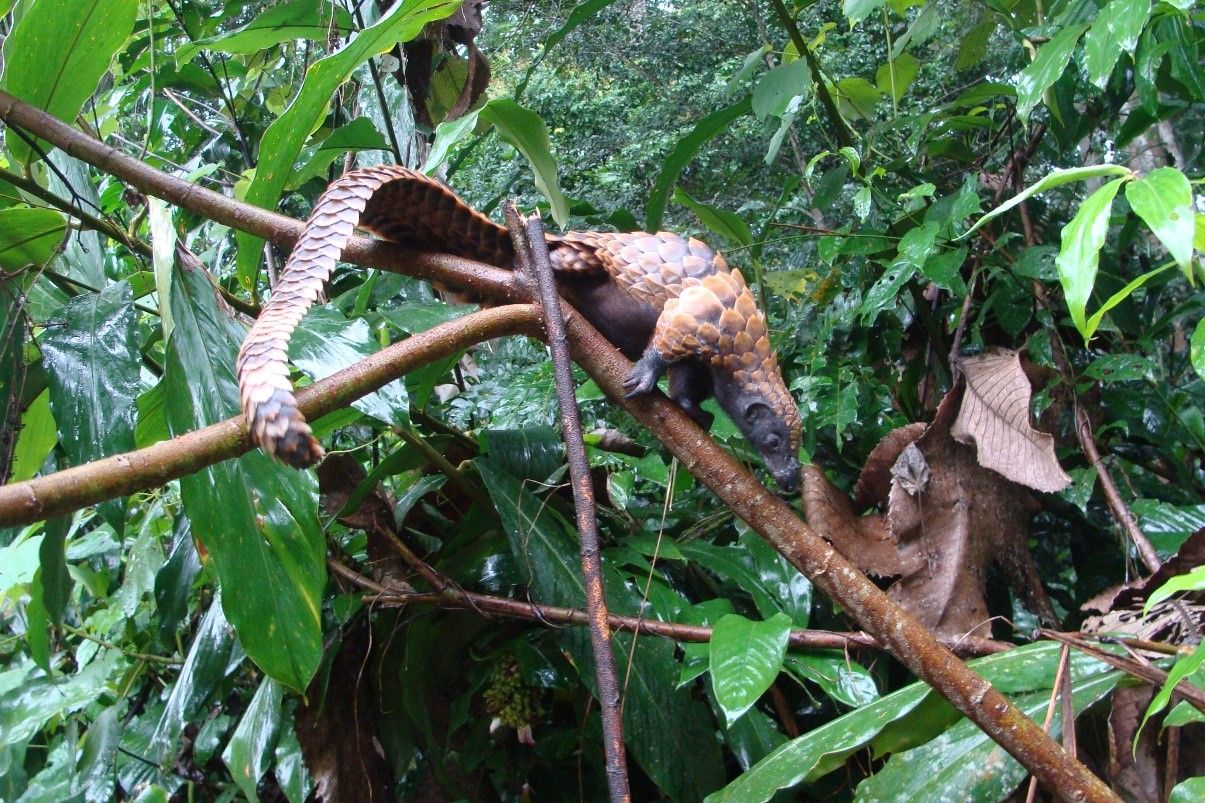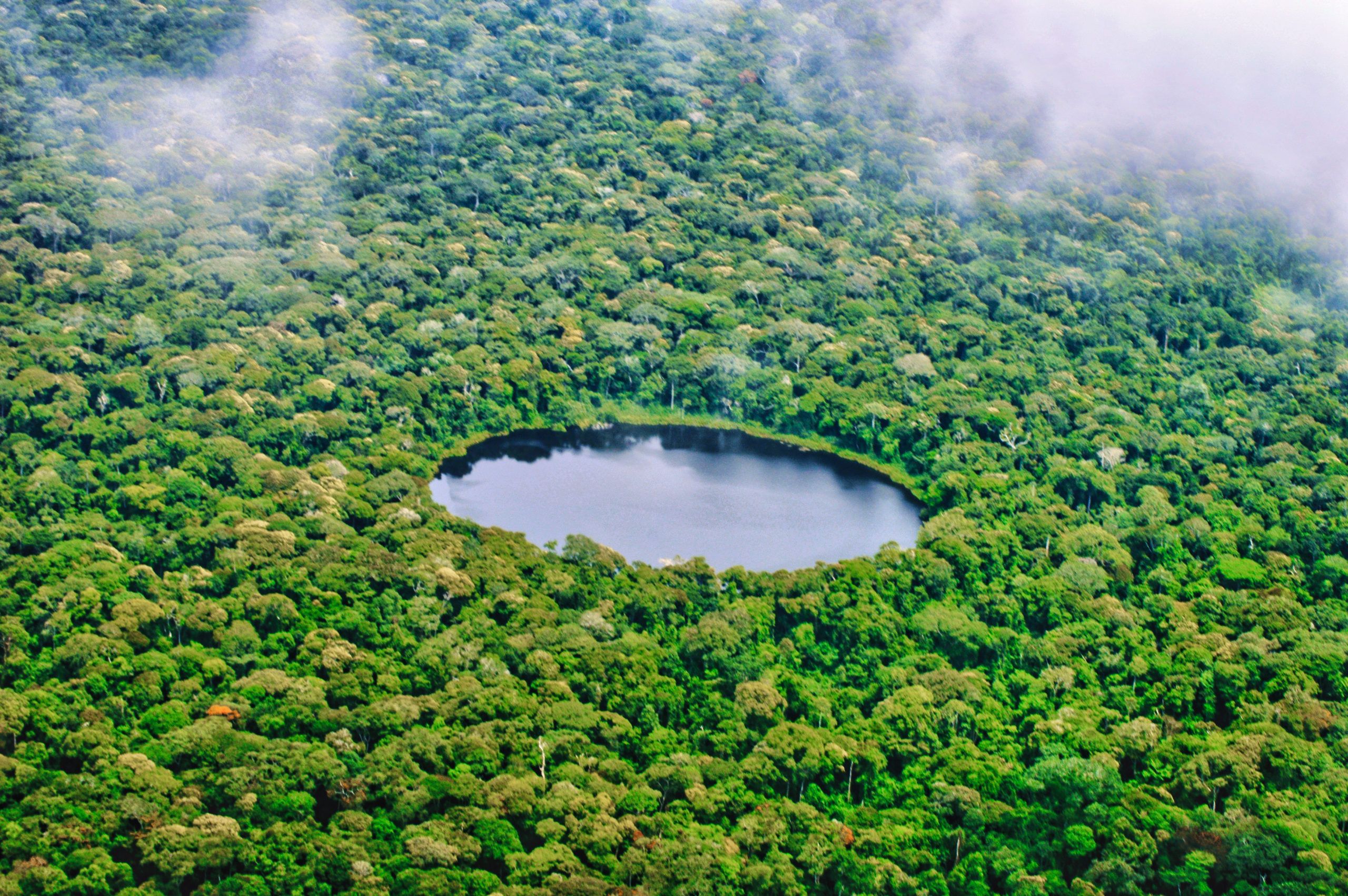Organizing the fishermen: statutes and a study to advance

Working meetings held in May 2018 ensured the adoption of the Statutes and Regulations of the Union of Professional Fishermen of Monkoto. The SNP team facilitated the re-organization and revitalization of this professional union.
In parallel, a study on fisheries management is being finalized, with a field study mission. It aims to provide a better understanding of current fishing practices in the area and the evolution of fish stocks in rivers, especially the Luilaka close to Monkoto and the corridor, while proposing concrete ways to ensure improved and more sustainable management of the river fish stocks. A previous survey conducted by the WWF in 2016 showed that 60% of fishermen felt that the amount of fish caught decreased from year to year. “Here people are not aware of the evolution of resources, although there is a decline in the volume of catch per fisherman. There is also a weak organizational structure for professionals. However, solutions exist, both in terms of catch (material, periods, …) and post-harvest, and in improving the organization of fishermen, “says Guy Bungubetshi, a community fisheries consultant currently finalizing his mission in Salonga. His report to more than thirty fishermen and members of the administration in Monkoto Monday, July 2 showed first findings and possible solutions.



